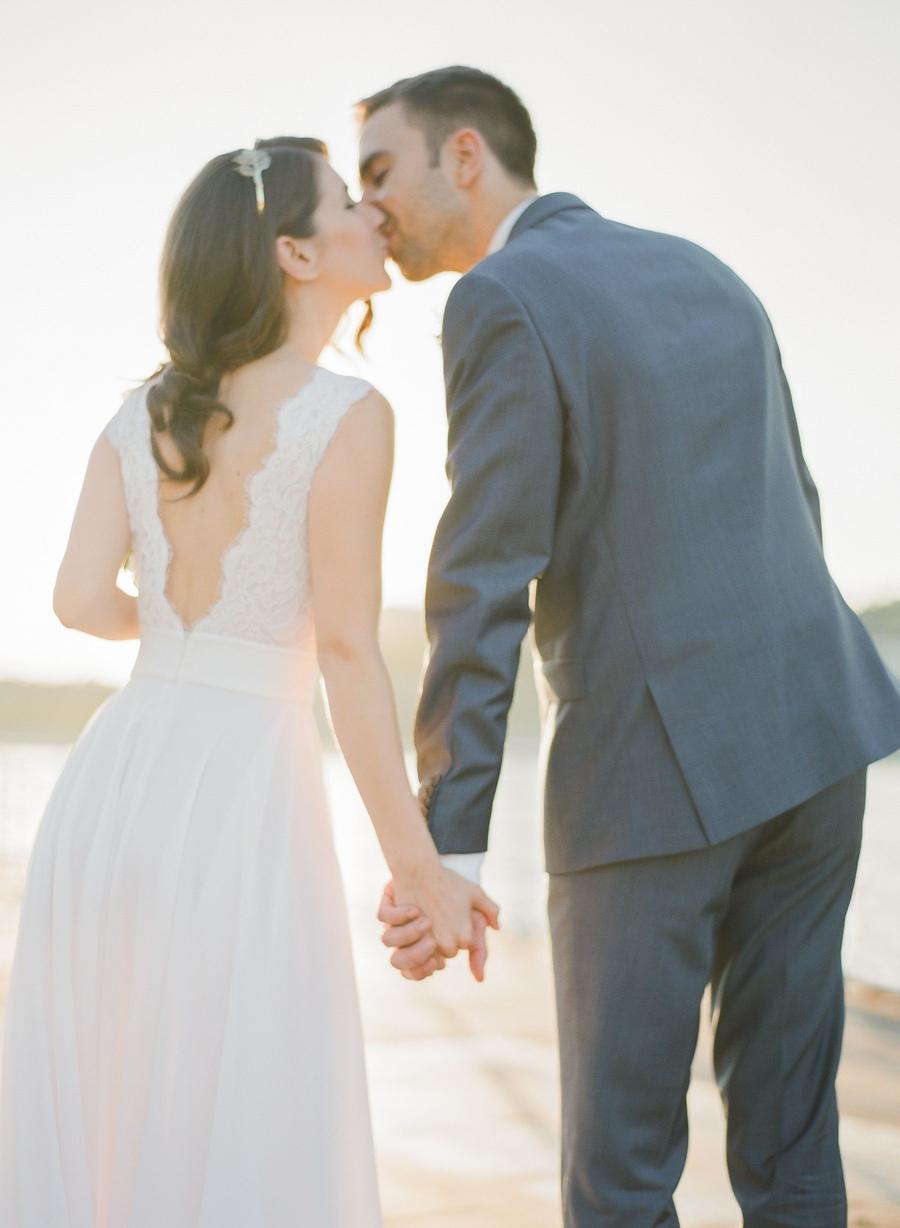Ceremony customs of the Balkans
Every nation, society, and religion has its own traditions and customs about what a bride should seem like because it is such an important occurrence. The Ottomans are no different, and when it comes to their wedding customs, they have some very fascinating ones. This article will discuss some of these distinctive Balkan slovenian brides ceremony customs that might be worth upholding and honoring.
Marriages are typically seen as celebrations of passion, a few getting married, and starting over. They were a special occasion that brought along two families and an entire neighborhood in the past, but they were much more than that. They were a crucial part of our lives because of this.
Again the bride and groom were formally engaged, the procedures for a bridal do begin. For the family people, they and their companions did spend months sewing and embroidering clothing, linens, and towels. They even created unique accessories for the chapel. The bride-to-be and her companions did check-out each household whose members were expected to attend the wedding ceremony during the majority of the dental offers.

There were certain beliefs that had to be followed when it was day for the wife to insert the groom's house. For instance, in some Bulgarian areas, it was customary for godparents to hang a particular flag at the couple's home after carefully discarding it to protect the newlyweds from negative charm and evil influences. The symbol was sewn with red or green threads and hung from the groom.
There may also be another superstitions, depending on the area. For instance, in Montenegro, the honeymooners were required to step over a carpet that had been covered in razor because this was supposed to guarantee that they would have kids. Additionally, it was typical for the bride in Kosovo to lick guy from her mother-in-law's forearm. This was intended to keep the two's connections calm and to guarantee their happiness and success.
There would be a ton of dancing and mad enjoyment following the civil and religious ceremony. Rakia was a popular beverage used to toast the joy of marriage. And even though marriages these days are more about the couple than the group and eating, they are however a happy occasion for everyone who attends.
RFE/RL is an independent, non-profit media organization that delivers news and information to communities in 27 countries where free and responsible journalism is under threat. We report on local stories that mainstream media ignores, and offer a platform for underrepresented voices. RFE/RL’s journalists provide unbiased and informed reporting on a wide range of issues in countries where government-controlled or state-owned media cannot. You can help support our work by making a donation today. Click here for more information. Copyright 2019 RFE/RL. All Rights Reserved.

